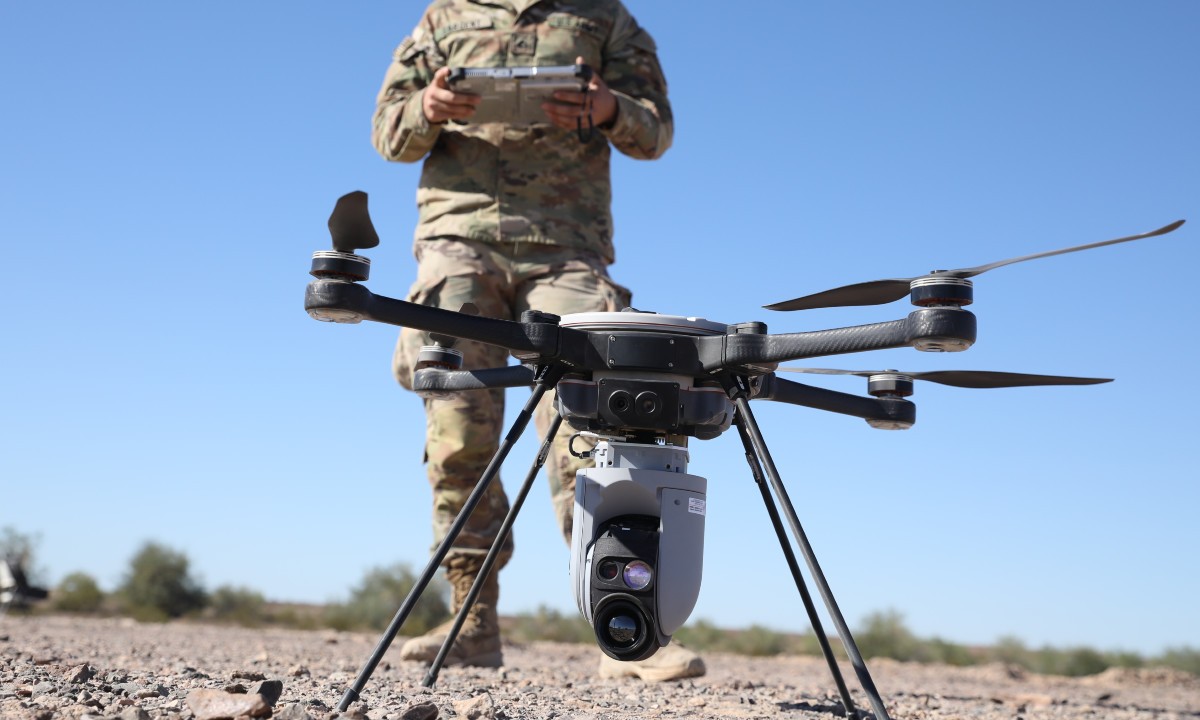The Rise of AI in Warfare: Navigating the Ethical and Strategic Maze
The battlefield is evolving at an unprecedented pace, driven by the relentless march of artificial intelligence (AI). From autonomous drones to predictive analytics, AI is poised to revolutionize how wars are fought, won, and even conceived. However, this technological revolution is not without its shadows. As AI systems become increasingly sophisticated, they raise profound ethical and strategic dilemmas that demand careful consideration.
The Dawn of Autonomous Weapons Systems: A Pandora's Box?
One of the most contentious aspects of AI in warfare is the emergence of Autonomous Weapons Systems (AWS), often ominously referred to as "killer robots." These systems are designed to operate independently, selecting and engaging targets without human intervention. Proponents argue that AWS can enhance battlefield efficiency, reduce human casualties, and even prevent conflicts through the threat of overwhelming force. However, critics voice grave concerns, drawing parallels to science fiction dystopias where machines hold the power of life and death.
The Ethical Tightrope: Balancing Autonomy and Accountability
The development of AWS raises fundamental questions about the very nature of warfare. Can machines truly be entrusted with the life-or-death decisions that have traditionally been the purview of human soldiers? Critics argue that the delegation of such authority to machines could lead to a dehumanization of warfare, eroding the moral constraints that have historically governed the conduct of armed conflict. Furthermore, the question of accountability in the event of civilian casualties or unintended consequences remains a complex and thorny issue. Who bears responsibility when an autonomous system malfunctions or makes a tragic error?
The Strategic Implications of AI-Enabled Warfare: A New Arms Race?
Beyond the ethical considerations, the integration of AI into warfare has significant strategic implications. AI-powered technologies can enhance situational awareness, improve targeting accuracy, and accelerate decision-making processes. This can provide militaries with a decisive edge on the battlefield, but it also raises concerns about the potential for escalation and miscalculation. The fear of an AI-driven arms race looms large, with nations vying to develop ever more sophisticated and autonomous weapons systems.
The Need for International Cooperation and Regulation: Charting a Course for the Future
As AI continues to transform the face of warfare, the international community must grapple with the ethical and strategic challenges it presents. There is a growing need for global dialogue and cooperation to establish norms and regulations for the development and use of AI in warfare. This includes addressing issues such as accountability, transparency, and the prevention of an arms race in autonomous weapons. International treaties and agreements may be necessary to ensure that the development and deployment of AI in warfare are guided by ethical principles and serve the broader interests of humanity.
Conclusion: Navigating the Uncharted Waters
The rise of AI in warfare is a double-edged sword. While it offers the potential for enhanced capabilities and reduced casualties, it also raises profound ethical and strategic concerns. As we navigate this uncharted territory, it is crucial to engage in open and informed discussions about the future of warfare and the role of AI in shaping it. By fostering a culture of responsible innovation and international cooperation, we can strive to harness the power of AI for the betterment of humanity, while mitigating the risks and ensuring that the human element remains central to the conduct of war.
By fostering open dialogue and critical thinking, we can ensure that the development and use of AI in warfare are guided by ethical principles and serve the broader interests of humanity.



